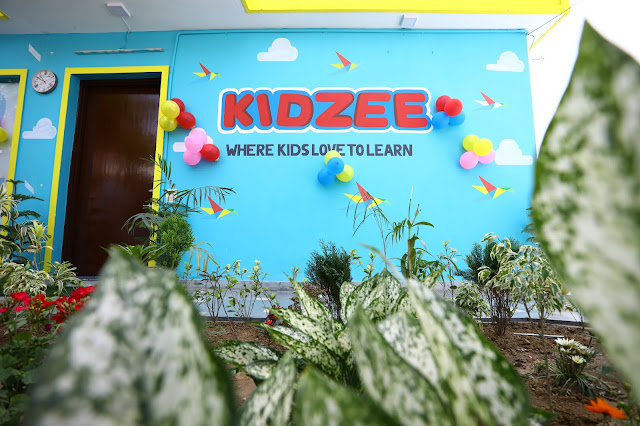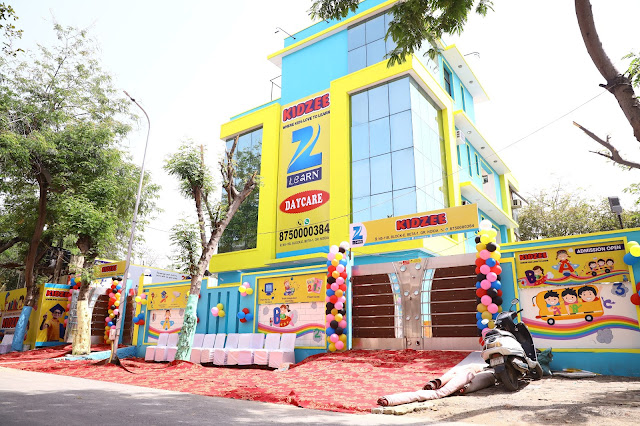Debunking Common Misconceptions About Kindergarten
Introduction:
Kindergarten is a critical level in a toddler's instructional adventure, but it is often misunderstood and surrounded by various myths. In this submission, we aim to debunk a number of the most commonplace misconceptions about Kindergarten, providing correct facts to help mothers and fathers, educators, and society better recognize this crucial phase in a child's development.
Misconception 1:
Kindergarten is Just Playtime One of the most prevailing myths about Kindergarten is that it is often playtime and lacks any academic value. While the play is a crucial aspect of the early formative years of education, modern Kindergarten programs are designed to combine dependent learning with play-primarily based sports. Through play, kids expand critical cognitive, social, and emotional capabilities that lay the foundation for their educational success.
In truth, Kindergarten teachers cautiously plan activities that promote early literacy, numeracy, and trouble-fixing skills while also fostering creativity and imagination. Play-based learning allows children to discover and increase their love for gaining knowledge, making it a crucial part of the instructional system.
Misconception 2:
Kindergarten is Optional Some people accept the program as true, saying that Kindergarten is elective or no longer vital for a kid's training. However, research consistently shows the benefits of attending a first-class Kindergarten program. It presents an easy transition from domestic to high school, enables kids to broaden their social talents, and builds a sturdy instructional foundation for later grades.
Kindergarten lays the foundation for crucial abilities like cooperation, sharing, and following commands that are critical for achievement at some point in a child's academic adventure and past. It also fosters a high-quality attitude towards learning, setting the stage for a lifetime of intellectual growth.
Misconception 3:
Academics Are Forced on Children Too Early There is a commonplace false impression that Kindergarten pushes young kids into lecturers upfront. Developmentally suitable Kindergarten programs are designed to satisfy children at their readiness levels.
Quality Kindergarten teachers use a differentiated method, tailoring coaching to each toddler's desires and supplying appropriate challenges. While the focus is on building foundational abilities in regions that include analyzing, writing, and math, it's done via interactive and tasty activities that align with the kid's natural interests and developmental milestones.
Misconception 4:
Kindergarten is All About Testing Concerns about standardised testing in Kindergarten have led to the misconception that the entire 12 months revolve around evaluation. While it's important to gauge a toddler's progress and identify regions that need improvement, genuine evaluation in Kindergarten goes beyond formal exams.
Teachers use various strategies consisting of remarks, documentation, and portfolio assessment to recognise each child's strengths and areas for improvement. The goal is to help each toddler's development holistically as opposed to merely focusing on rankings.
Conclusion:
Kindergarten performs a vital function in shaping a child's educational adventure and standard of improvement. By debunking these common misconceptions, we are hoping to highlight the significance of Kindergarten as a time for practical learning, play-primarily based exploration, and social development. It is vital to comprehend the value of the best Kindergarten programmes in supplying a robust basis for a kid's educational and personal growth and placing them on a route towards achievement in their future endeavours.





Comments
Post a Comment